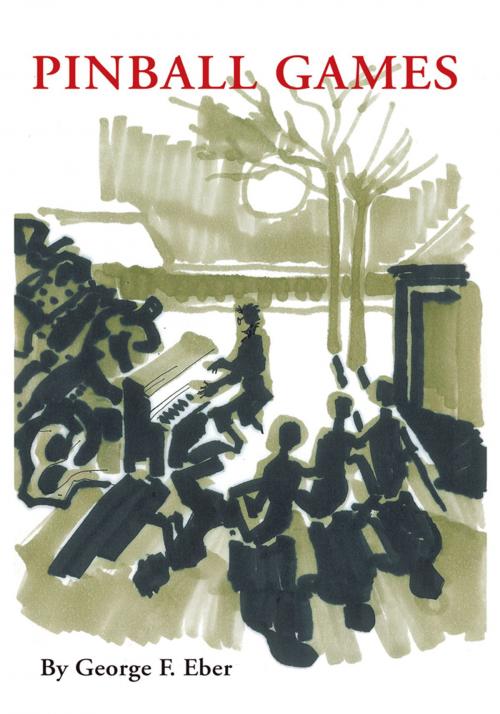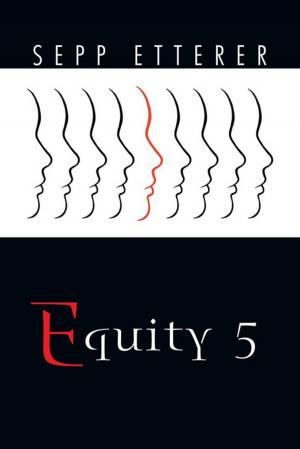Pinball Games
Arts of Survival in the Nazi and Communist Eras
Nonfiction, Social & Cultural Studies, Political Science, Biography & Memoir, History| Author: | George F. Eber | ISBN: | 9781426936883 |
| Publisher: | Trafford Publishing | Publication: | May 19, 2010 |
| Imprint: | Trafford Publishing | Language: | English |
| Author: | George F. Eber |
| ISBN: | 9781426936883 |
| Publisher: | Trafford Publishing |
| Publication: | May 19, 2010 |
| Imprint: | Trafford Publishing |
| Language: | English |
When Erwin Leichter played the Tiger Rag in the sealed-off ghetto, his situation was not for a moment less serious, but he was buoyant with youth. Pinball Games, illustrated by the author, tells a story of survival, sometimes through luck, sometimes by daring action, of a group of Hungarian friends through the darkest days of World War II, and later, as they escape from Communist Hungary to the free world.
After a youth marked by golden days on the Danube, the author and many of his classmates are drafted into "the white armbands" labor battalions of Christian Jews. They jump for their lives from a train bound for the death camps, and eventually make their way back to Budapest to live through the Siege of Budapest, one of the longest and least written about sieges of World War II. With peace come more golden days on the Danube, but they are illusions: Stalin's "Communist Agenda" forces more escapes.
The author, his stepmother, and his father, whose business had been among the first private businesses seized in Budapest, successfully navigate land mines and wire fences to reach the West. "There might be difficult days ahead but I knew those years that called forth the greatest effort of my life were over," writes George F. Eber. "At the time of our escape, the term Iron Curtain was rather newly coined. To me it still meant the great metal fire-curtain in the Budapest theatres of my youth. Now the Iron Curtain had fallen behind us on the theatre of the macabre."
When Erwin Leichter played the Tiger Rag in the sealed-off ghetto, his situation was not for a moment less serious, but he was buoyant with youth. Pinball Games, illustrated by the author, tells a story of survival, sometimes through luck, sometimes by daring action, of a group of Hungarian friends through the darkest days of World War II, and later, as they escape from Communist Hungary to the free world.
After a youth marked by golden days on the Danube, the author and many of his classmates are drafted into "the white armbands" labor battalions of Christian Jews. They jump for their lives from a train bound for the death camps, and eventually make their way back to Budapest to live through the Siege of Budapest, one of the longest and least written about sieges of World War II. With peace come more golden days on the Danube, but they are illusions: Stalin's "Communist Agenda" forces more escapes.
The author, his stepmother, and his father, whose business had been among the first private businesses seized in Budapest, successfully navigate land mines and wire fences to reach the West. "There might be difficult days ahead but I knew those years that called forth the greatest effort of my life were over," writes George F. Eber. "At the time of our escape, the term Iron Curtain was rather newly coined. To me it still meant the great metal fire-curtain in the Budapest theatres of my youth. Now the Iron Curtain had fallen behind us on the theatre of the macabre."















